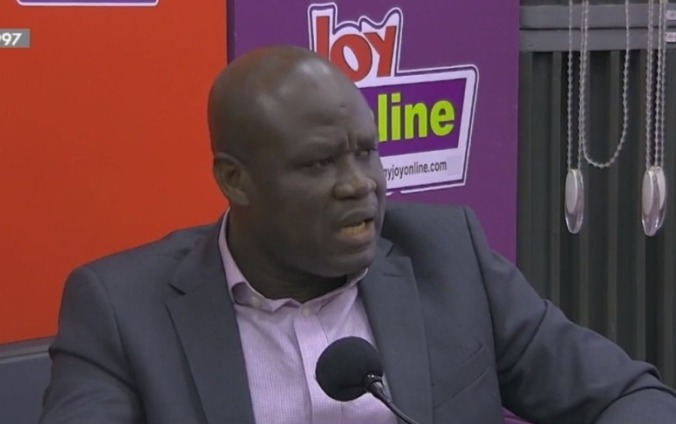The CEO of the Ghana Chamber of Commerce and Industry, Mark Badu-Aboagye has expressed concerns over the current foreign exchange rate and its impact on businesses.
Speaking on Joy News’ PM Express Business Edition on September 26, he noted that although the cedi has shown some relative stability, the rate remains significantly high, affecting businesses across the country, particularly those dealing in imports.
“Despite the stability, the rate is still relatively high. A year ago, we were looking at around ¢10 to the dollar. Now it’s between ¢15 and ¢16.80. If you’re importing or dealing in foreign currency, the impact is obvious,” he stated.
According to Mr Badu-Aboagye, many manufacturing companies in Ghana rely heavily on imported raw materials, and the depreciation of the cedi makes it more expensive for these businesses to operate.
“We import a lot of finished goods and raw materials. Anytime the cedi depreciates, it reflects in increased prices for the products we bring into the economy.”
He pointed out that even food items such as vegetables are imported in large quantities, despite Ghana’s agricultural potential.
“I find it difficult to understand why we are still importing a lot of food into this country when we have the land and a strong Ministry of Agriculture,” he stated.
Mr Badu-Aboagye believes the country needs to do more to support local production and reduce dependence on imports, which in turn would ease the pressure on the cedi.
He added that the Chamber of Commerce is closely monitoring the cedi’s performance, especially as the festive season approaches when demand for foreign currency typically rises.
“Businesses are now factoring in the exchange rate in their pricing decisions. It’s a struggle, but it’s the reality we’re dealing with,” Badu-Aboagye concluded.
He shared his optimism about the business outlook but warned that the usual surge in dollar demand during the festive season could lead to further depreciation of the cedi.
“Every year, around December, the demand for the dollar goes up because we import a lot for the festivities. The Bank of Ghana is aware of this and will have to increase the supply of dollars to avoid putting pressure on the cedi,” Mr Badu-Aboagye explained.


